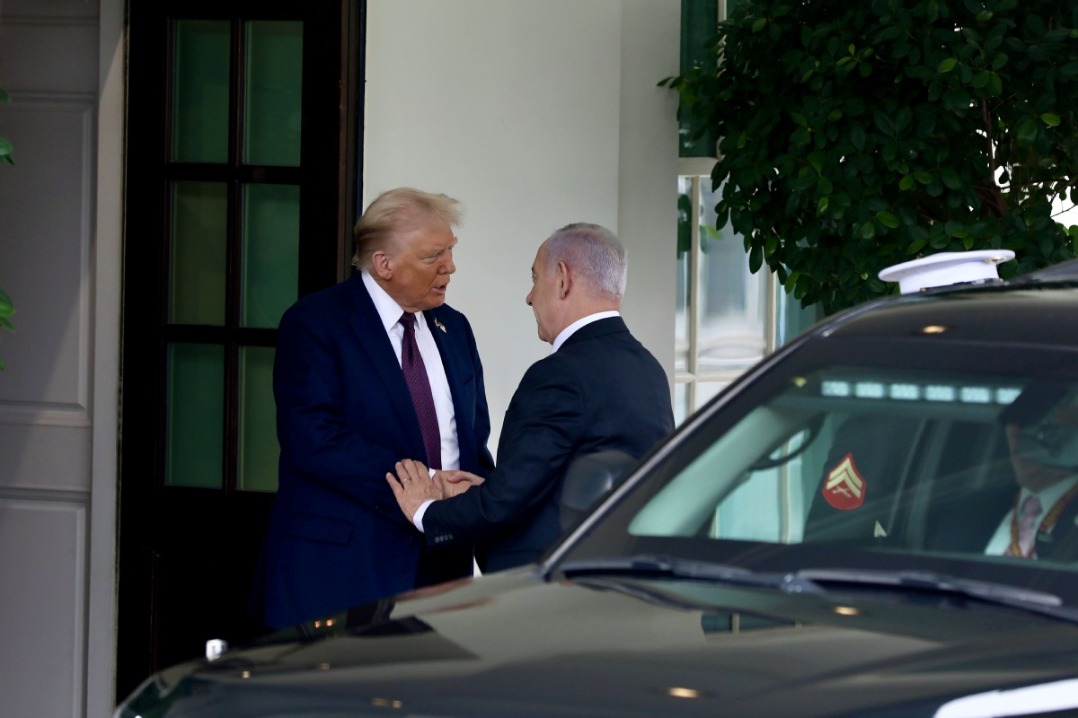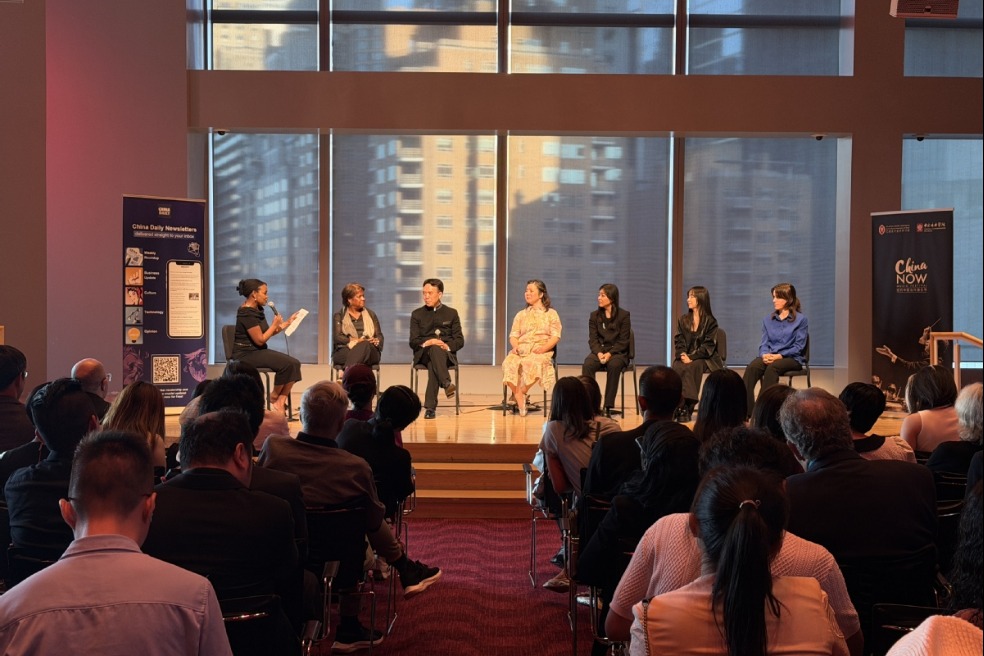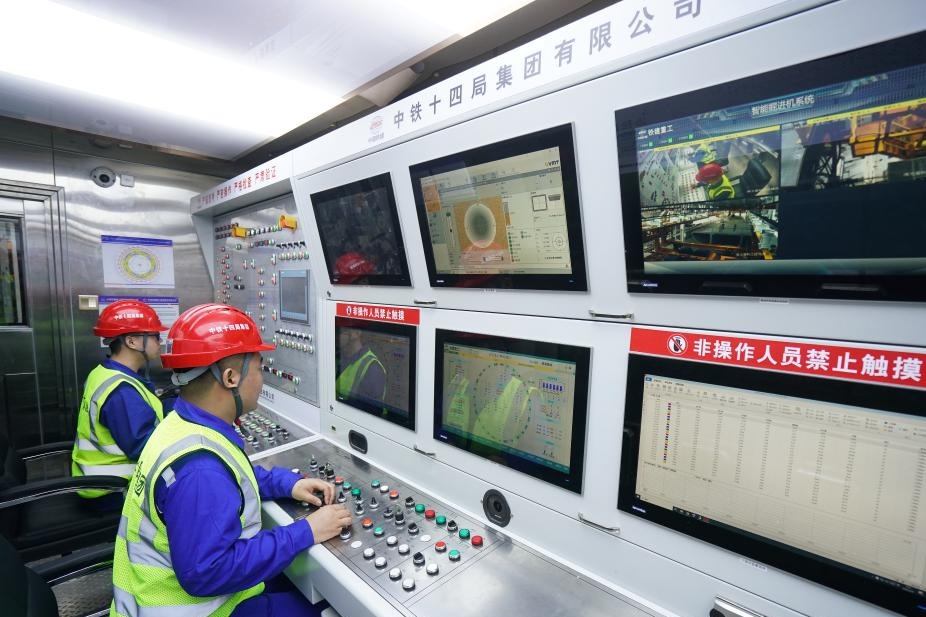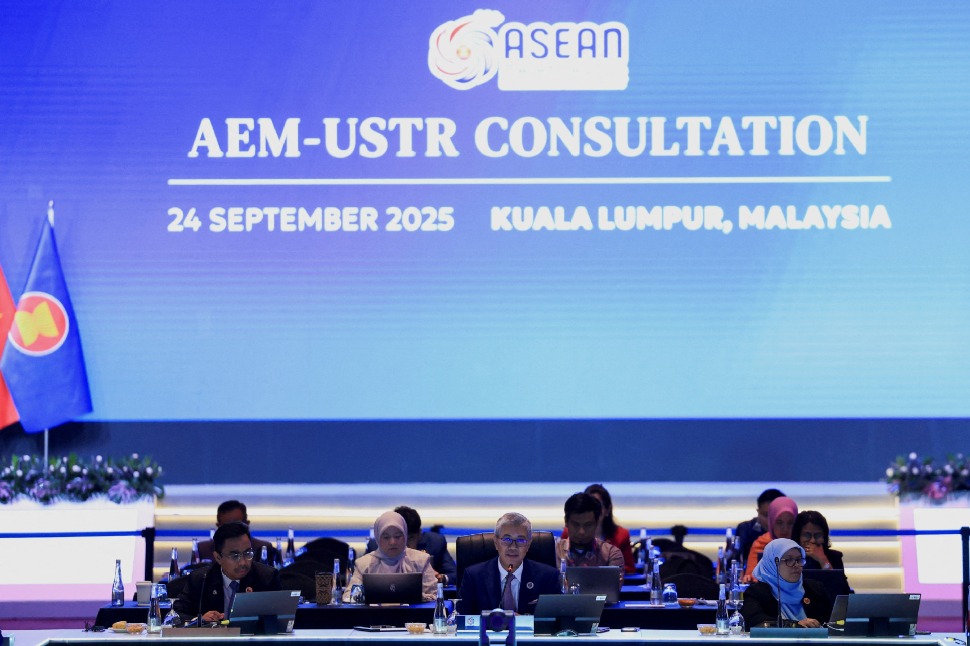AUKUS deal raises risk of conflicts

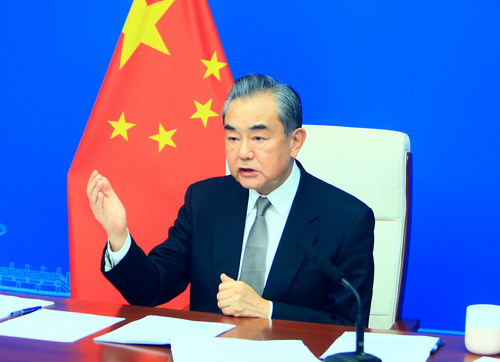
US, UK, Australian pact could prompt arms race, threaten international order
State Councilor and Foreign Minister Wang Yi warned on Tuesday that the AUKUS security deal of the United States, the United Kingdom and Australia will bring hidden risks such as an arms race and nuclear proliferation to regional peace, stability and international order.
Wang made the remark when he co-chaired via video link the 11th round of high-level strategic dialogue between China and the European Union with Josep Borrell, the EU's high representative for foreign affairs and security policy.
The deal, which allows the US and the UK, two nuclear-weapon states, to export nuclear submarines to Australia, a non-nuclear weapon state, would involve the transfer of sensitive nuclear materials such as weapons-grade highly enriched uranium and related technology and equipment.
At a time when the international community widely rejects Cold War and division, the three countries will aggravate geographical tensions, and their actions may lead to the resurgence of a Cold War by building a new military bloc with ideology being the criteria, Wang said.
The move will prompt some regional countries to beef up their military strength and even seek to lower the threshold for the use of nuclear weapons, thus raising the risk of military conflicts, he said.
Wang said that the AUKUS deal will also affect the nuclear nonproliferation system, damage the South Pacific Nuclear Free Zone Treaty and undermine the efforts of members of the Association of Southeast Asian Nations to establish a nuclear-free zone in the region.
The international community, particularly Asia-Pacific countries, is highly concerned about the development of such cooperation and many countries have expressed their concerns and doubts, he said.
Rafael Grossi, director-general of the International Atomic Energy Agency, said on the BBC's HARDtalk program on Tuesday that the AUKUS deal "is a technically very tricky question, and it will be the first time that a country that does not have nuclear weapons has a nuclear sub".
Philippine President Rodrigo Duterte has raised concerns about a regional nuclear arms race with the AUKUS pact, his spokesman said on Tuesday.
Chinese Foreign Ministry spokeswoman Hua Chunying told reporters at a regular news briefing on Wednesday that the US, the UK and Australia are making malicious use of loopholes in international rules to blatantly engage in nuclear proliferation activities.
"China will negotiate with the IAEA Secretariat and other member states of the agency to resolutely safeguard the authority and effectiveness of the international nuclear nonproliferation regime," Hua said.
During the China-EU high-level strategic dialogue, Wang called on the two sides to consolidate the current positive momentum of mutual contacts, enhance political mutual trust, and properly manage differences in order to make contributions to addressing global challenges such as the COVID-19 pandemic and climate change.
Speaking on human rights issues, Wang said China does not accept remarks by any self-styled lecturer on human rights and opposes interference in other countries' domestic issues with human rights being used as the pretext.
He also stressed that the one-China principle is the political foundation for China to develop relations with the EU and its member states.
Borrell said that the EU views China as an important strategic partner and developing relations with China is an important issue for the bloc.
He also said the EU will respect China's sovereignty and has no intention of lecturing Beijing. The EU will always follow the one-China principle and never conduct any official exchanges with Taiwan, he added.
















